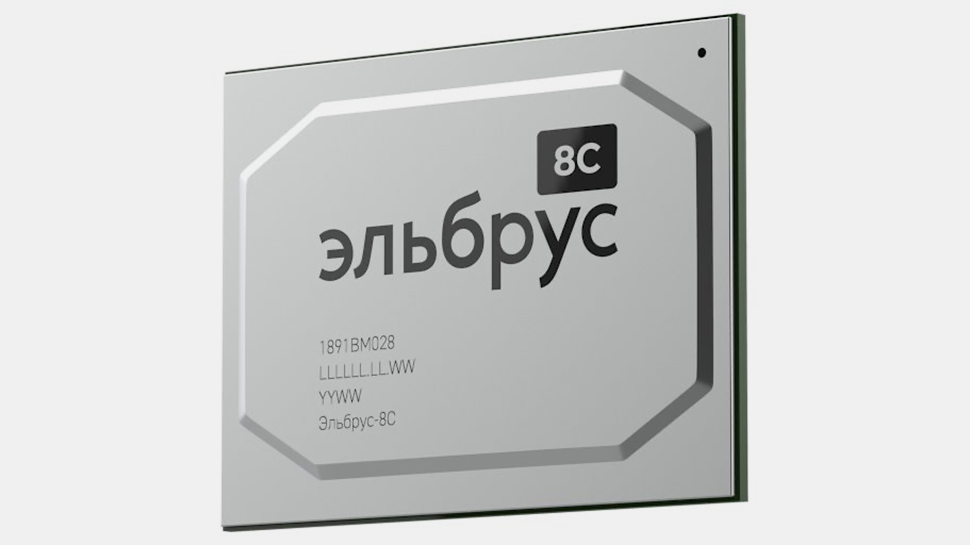UK Sanctions Could Sever Russian Access to Critical Arm Chips
Russian tech industry dis-armed and dismayed
The UK government has added two of Russia’s most important chip companies to its list of sanctioned entities following the hostilities in Ukraine according to Bleeping Computer. The move is significant as it potentially cuts Baikal Electronics and MCST (Moscow Center of SPARC Technologies) off from the Arm CPU architecture, as Arm Ltd is based in Cambridge, England.

The Johnson administration justified its actions in a PDF available for download: "The purpose of this provision is to encourage Russia to cease actions destabilizing Ukraine or undermining or threatening the territorial integrity, sovereignty or independence of Ukraine."
As we’ve reported before, Russia’s homegrown chips, such as the MCST Elbrus-8C pictured above (eight cores, 1.3GHz, 70W), are considered somewhat lacking compared to imported alternatives from Intel and AMD. The loss of Arm designs could therefore hit Russia’s computing industry hard. Baikal Electronics is thought only to hold a valid license to produce Arm designs at 16nm, and only maintains a design (rather than manufacturing) license for upcoming products.
One solution to this predicament would be to ignore the licensing and produce chips in Russian foundries, but these appear stuck at the 90nm level Nvidia passed in 2006. Furthermore, as Bleeping Computer points out, Baikal and MCST chips are made in foundries based outside Russia, which would negate any loosening of licensing restrictions by the Russian government.
According to figures from Techspot, an investment in chipmaking by the Russian government of 3.19 trillion rubles ($38.2 billion) was made in April this year, with $5 billion going into the development of newer fabrication nodes, but this will take many years to bear fruit, with 28nm expected by 2030. A parallel scheme to reverse-engineer western electronics is also in play.
And while Russia could switch to an open architecture such as RISC-V, that’s not going to happen overnight either. ‘Analysts’ paraphrased by Computing.co.uk “believe Russian firms may soon run out of equipment and will have to shut down operations if AMD and Intel CPUs, as well as servers from the big vendors, are not available”.
Get Tom's Hardware's best news and in-depth reviews, straight to your inbox.

Ian Evenden is a UK-based news writer for Tom’s Hardware US. He’ll write about anything, but stories about Raspberry Pi and DIY robots seem to find their way to him.
-
Grobe Well, sadly taking away everything from Russia seems the only option as it seems that every asset that putin have can somehow be weaponized.Reply